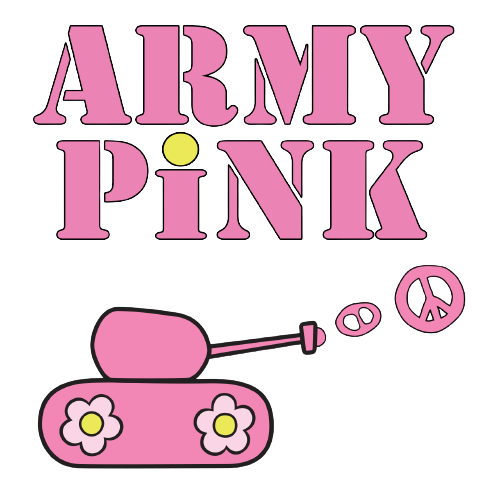Colleen is an author and Booktok sensation whose work outsold the Bible this year.
I was a fan of Coho YA books when I was younger. She wrote teen characters, so it made sense some of the male and female characters were so immature in their relationships. They'd fumble things but that was okay because they were young characters.
Her writing was simple and they were fast to get through. But as soon my frontal lobe fully developed and she began to write about adult characters—I was out.
I remember one called Without Merit, it's about a depressed teen, and her “quirky” family. This family included a mentally ill wife whom the main character's father kept in the basement while he had a girlfriend on the side.
He’d occasionally visit his wife for relations, and she'd cook him a special homemade meal. So he got assault a woman who wasn't well enough to consent, and had a nice home-cooked meal at the same time.
Don't worry, there was plenty of racism, ableism, biphobia, sexual assault, and mishandled PTSD too.
In another Coho book, Ends with Us, the abusive male character pretty much acts like every other Coho male lead—but hits the female main sometimes.
Her male has gotten a lot of flack over the years with good reason. They're all tall, ridiculously good-looking, and have absolutely no respect for their love interests' autonomy or set boundaries.
Dreamy things Coho male leads have done:
On November 9, burns down the house of his love interest
In Verity, a husband suffocates his mentally and physically ill wife
In Slammed, a high school teacher dates his student
In It Ends With Us, an eighteen-a year-old man grooms a fifteen-year-old girl. He makes a point of asking when her when is she turns sixteen—which happens to be the age of consent in their state.
In Layla, (this was her venture into the supernatural) the guy's girlfriend suffers a traumatic injury. Our dreamy male thinks she's being kind of a drag since she got shot. He considers allowing this ghost he's fallen in love with to overtake his girlfriend’s body.
In Maybe Someday, he cheats on his girlfriend of many years with the love interest. We're meant to root for him.
In Losing Hope, he beats up his own father for “bowing” at him.
In Ugly Love, two underage stepsiblings have a child together. It's framed as romantic.
Now my worst nightmare has become true, Coho has blown up on Tiktok and boasts a largely teenage audience.
There is the incident when upon learning her son may have assaulted a minor by the victim of the crime, Hoover never responded and blocked that victim.
There was an episode where she weaponized her audience against a teenage Booktuber. His crime was pointing out how toxic and abusive two of her male leads were.
The author clearly has some fetish for romanticizing mental illness and abuse, and now she has a direct line to a young audience. An audience whose members could be entering their first relationships. An audience who may have ideas like their partners locking them in rooms, destroying their property, and causing them bodily harm is totally normal and romantic.
I can only hope these teens will outgrow this toxic topic and not internalize it in future relationships.

